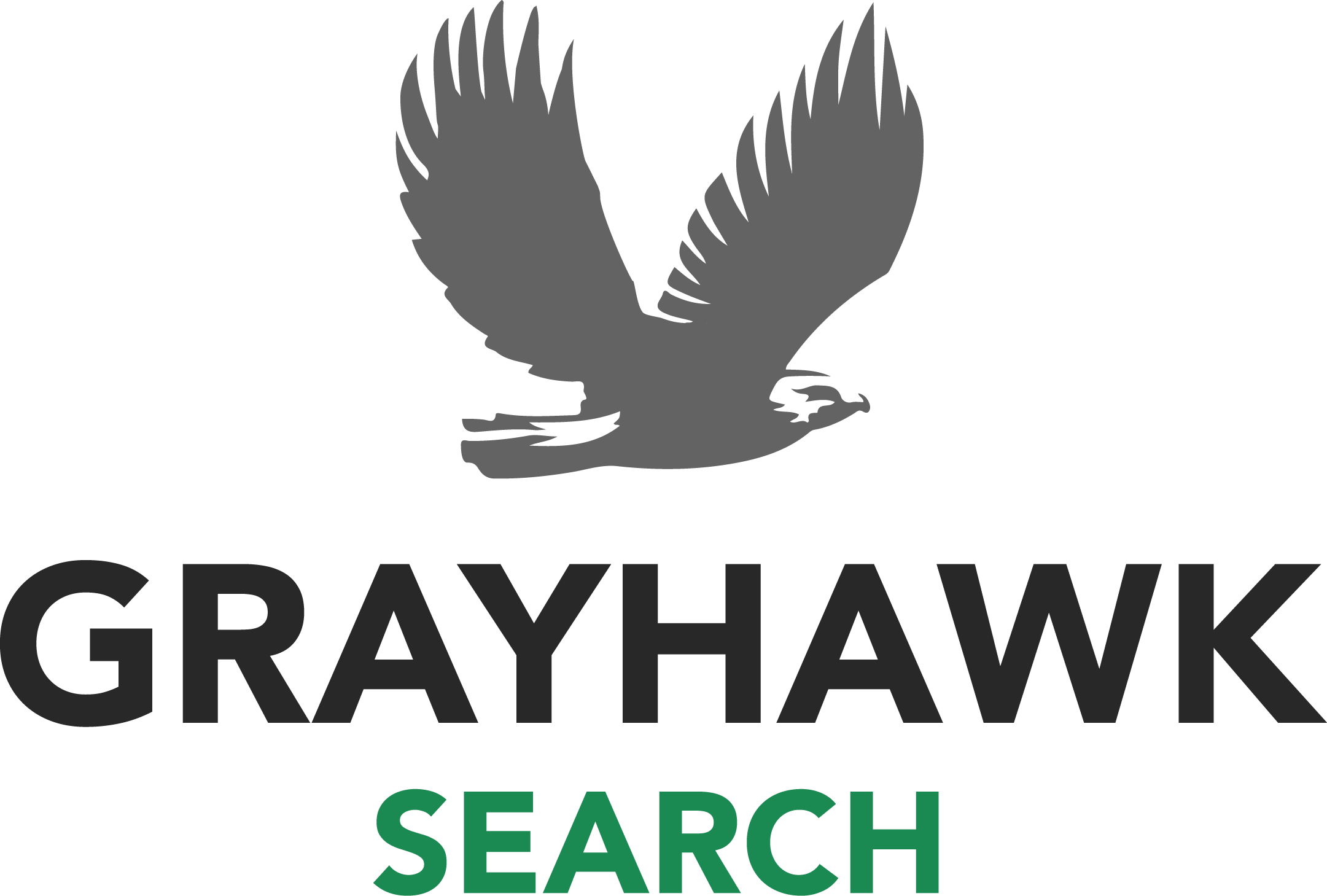Chief Financial Officers (CFOs) are under tremendous pressure to keep companies operating smoothly. Reaching success as a CFO isn’t easy. According to an Oracle survey, the top three challenges facing CFOs today include too many responsibilities, cash flow, and lack of real-time information.
Find out which of these challenges matters most to you right now, and develop a plan to solve them:
1) The CFO Has Too Many Responsibilities
Before the year 2000, CFO responsibilities focused on traditional accounting and financial matters. In publicly traded companies, the CFO also had to think about managing bonds and stock market concerns. Over the past 20 years, CFOs have had more and more responsibilities added to their plate, including compliance responsibilities (i.e., Sarbanes-Oxley) and overseeing projects.
The solution to this challenge lies in delegation and pushing back on new responsibilities. If you aspire to move from CFO to CEO, you will face an even heavier challenge of too much responsibility. Unfortunately, only 6.9% of CEOs in the Fortune 500 and S&P 500 were previously CFOs in 2018, according to Forbes. Whether you want to advance to a new executive position like CEO or simply improve your focus, you need a repeatable process to address having too many tasks on your plate.
Critical self-assessment is your first step to solving your sense of overwhelm as a CFO. For each item on your agenda, ask yourself; which responsibility adds the most value and which tasks genuinely require CFO involvement? Next, ask yourself whether you can delegate the request to someone else in the finance organization.
2) Optimizing Cash Flow Management
The CFO’s struggle with cash flow management takes a few different forms. If the company is disorganized and financially immature, finance may lack the systems to track cash effectively and forecast cash needs accurately. In other cases, cash flow problems may be caused by factors outside the CFO’s control, like the sales team failing to make quota.
Solving this challenge requires an analytical approach and diplomatic skills. Start by working with your team to understand the cause of cash flow problems and whether finance can solve the problem. For example, Nike takes approximately 44 days to pay its accounts payable responsibilities. If your invoices are due for payment in 30 days and your accounts payable team pays most bills in 20 days, then finance may be able to improve cash flow by delaying payment to the 25-day mark and still avoid penalties.
On the other hand, cash flow problems caused by insufficient sales is a different beast. In those cases, the CFO and the finance team cannot solve the cash flow problem directly. Instead, the CFO needs to gather data about the situation and raise the problem with his or her executive peers.
3) Lack of Access To Real-Time Financial Information
Would you feel comfortable driving 60 miles per hour if you could only use the rearview mirror? Probably not! Yet, CFOs face this challenge every day. Finance and accounting professionals have well-developed systems to report on financial results after the fact. However, making a financial decision based on last month’s or last quarter’s financial position may lead to mistakes.
Gaining access to real-time financial information will almost certainly require investment in technology and understanding trade-offs. Before you build a business case for a $10 million new financial system, take a step back, and critically analyze your financial information needs. For example, you might decide that a daily cash flow report would be valuable. However, daily information about payroll may not be as useful because payroll numbers may not change that frequently at your company.
Once you have identified a clear need for real-time financial information, explore these ideas with other organization stakeholders. Ultimately, finance is a cost center, and additional spending on finance systems means less budget for sales and marketing efforts that will grow the company. If you can show that real-time financial data means greater agility by reducing the time required to approve project requests, that benefit may be compelling to your peers.
What If Your CFO Recently Left The Company?
If your CFO recently left or isn’t up to solving these challenges, you may need a new CFO. Contact us today for a confidential discussion about your CFO recruitment needs.
“Forty Under 40” award winner for business & charity work, active on charity boards & committees.
Entrepreneur at heart including co-founding Grayhawk Search.
About the author:
Previously worked in Commercial Finance, Banking and Legal industries expertise focused on Corporate Finance & Strategy and M&A for Financial Services, High Tech Start-Ups, Public Finance Deals, InfoTech, BioTech, CleanTech and Alternative Energy. “Forty Under 40” award winner for business & charity work, active on charity boards & committees. Entrepreneur at heart including co-founding Grayhawk Search.
